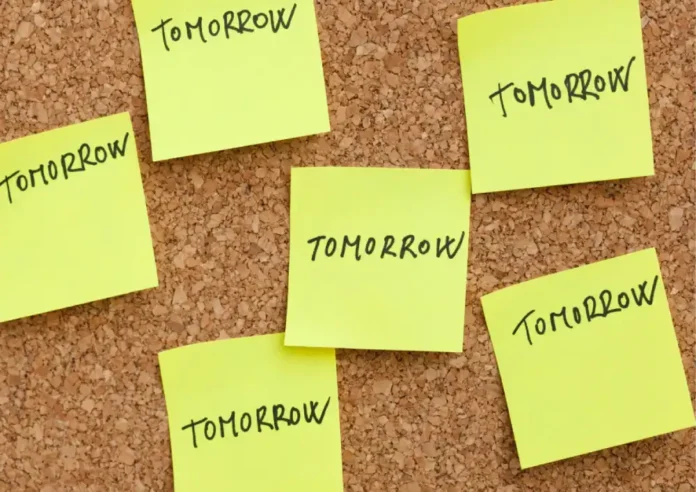We’ve all been there—staring at a looming deadline, promising ourselves that tomorrow will be the day we finally start. Yet, when tomorrow arrives, we somehow find a way to delay again. Instead of tackling that report, we scroll through social media, binge-watch a series, or convince ourselves that organizing our desks is suddenly the most…
RELATED ARTICLES
© NewInAsia.com 2025








